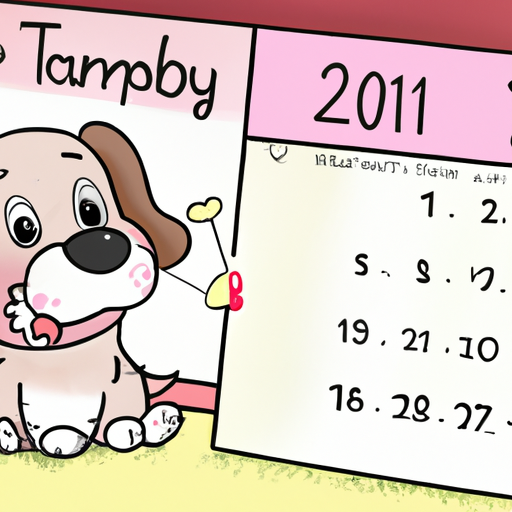Teething is an essential part of a puppy’s growth and development, but it can also be a challenging time for both the puppies and their caregivers. Here’s a comprehensive guide to help you understand everything about your puppy’s teething phase.
Understanding Puppy Teething
Just like humans, puppies go through a teething phase. This is when their baby teeth, or “milk teeth,” fall out and are replaced by permanent adult teeth.
Teething can cause discomfort for your puppy, often leading to changes in their behavior. They may chew more frequently or more aggressively on toys, furniture, and even your hands. This is normal behavior for a teething puppy as chewing helps relieve the discomfort.
The Timeline of Puppy Teething
Puppy teething generally starts between 2 to 4 weeks of age, when their baby teeth start to emerge. The teething process continues until around six to seven months of age when most puppies should have all of their adult teeth. Here is a general timeline:
- 2-4 weeks: Baby teeth start to come in
- 12-16 weeks: Baby teeth begin to fall out, and adult teeth start to grow
- 6-7 months: Most puppies have all their adult teeth
Remember, this is a general timeline and it might vary slightly from breed to breed.
Signs Your Puppy is Teething
When your puppy is teething, they may experience some discomfort. Here are some common signs:
- Increased chewing
- Drooling
- Changes in eating habits
- Swollen, red gums
- Bleeding gums
- Missing teeth
- Bad breath
Managing Your Puppy’s Teething
Teething can be a tough time for your puppy, but there are ways you can help them through it.
-
Offer Chew Toys: Provide your puppy with plenty of safe and suitable chew toys. This will not only soothe their gums but also keep them from chewing on inappropriate items.
-
Frozen Treats: Frozen carrots or ice cubes can provide relief for sore gums. Always supervise your puppy when they’re eating or chewing.
-
Puppy-Proof Your Home: Make sure to keep items you don’t want chewed out of your puppy’s reach.
-
Regular Vet Checkups: Regular checkups can ensure your puppy’s teeth are growing in correctly.
What to Avoid During Teething
During teething, there are certain things that you should avoid.
- Avoid aggressive tug-of-war games as they can harm the developing teeth.
- Do not scold your puppy for chewing. They are trying to relieve discomfort, so instead provide appropriate chew toys.
- Avoid hard toys that can break your puppy’s teeth. Instead, opt for softer chew toys specially designed for teething puppies.
When to Seek Veterinary Help
While teething is a natural process, there are times when a visit to the vet is necessary. Seek veterinary help if you notice:
- Persistent bad breath
- Difficulty eating
- Excessive drooling
- Missing teeth
- Swollen or very red gums
Frequently Asked Questions about Puppy Teething
Q: Do puppies get aggressive when teething?
A: Puppies might not necessarily become aggressive, but they may become more prone to chewing or biting. This is their way of trying to relieve the discomfort of teething.
Q: How can I soothe my teething puppy’s gums?
A: You can soothe your puppy’s gums by offering them cold chew toys or frozen treats. Always supervise your puppy when they’re eating or chewing to prevent any choking hazards.
Q: Can teething cause my puppy to be less active?
A: Yes, teething can cause discomfort which might make your puppy less active. If this behavior continues or your puppy seems unwell, it’s best to consult your vet.
Q: What should I do if my puppy swallows a baby tooth?
A: It’s fairly common for puppies to swallow their baby teeth while eating or chewing. These teeth are small and usually pass without any issue. If you notice any signs of discomfort, contact your vet.
In conclusion, teething is a natural part of your puppy’s development. As a caregiver, understanding this process can help you provide the best care for your teething puppy, ensuring they grow into a healthy and happy adult dog.



